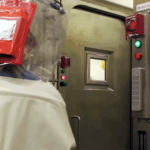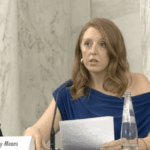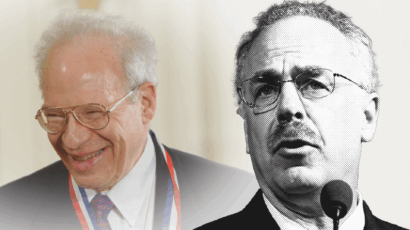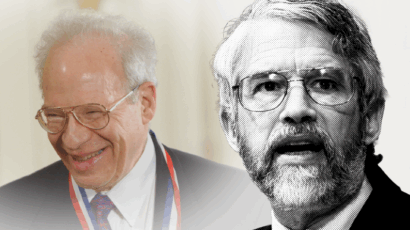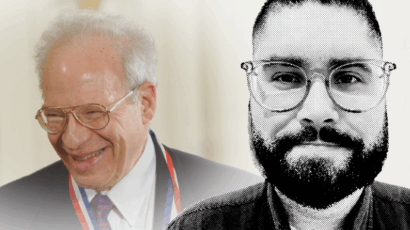WHO: biological hazard brewing in Sudan as fighters overtake a central public health lab
By Matt Field | April 25, 2023
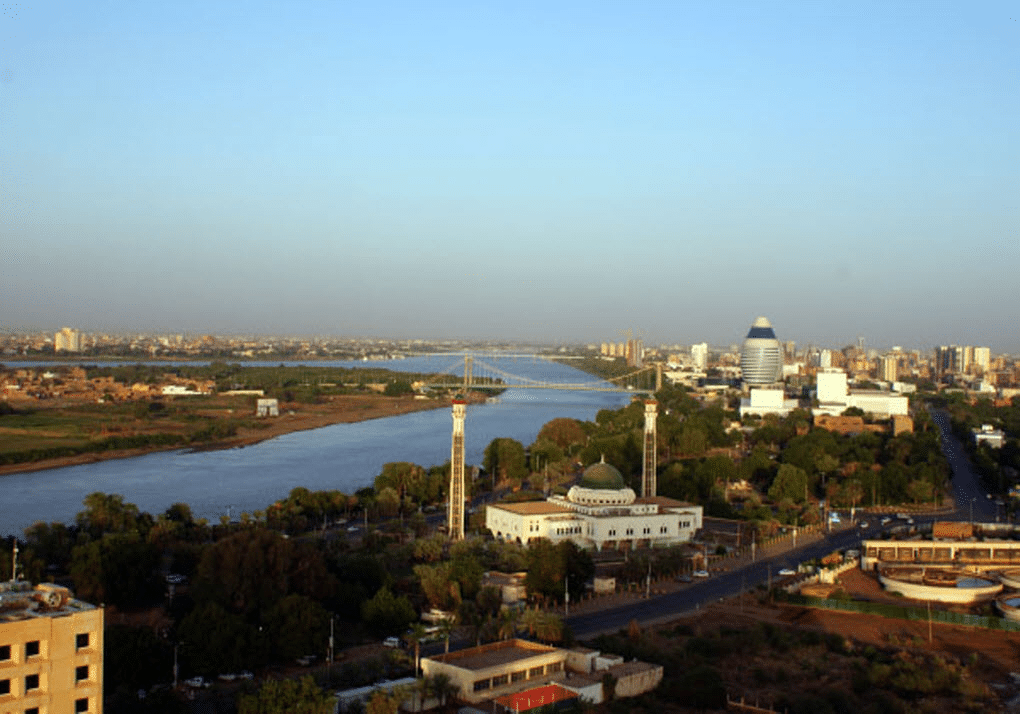 A view of Khartoum, Sudan. Credit محسن الفكي. CC BY-SA 3.0.
A view of Khartoum, Sudan. Credit محسن الفكي. CC BY-SA 3.0.
The World Health Organization (WHO) warned Tuesday of an “extremely, extremely dangerous” situation as one of the warring groups in Sudan overran the National Public Health Laboratory in Khartoum. The occupiers had “kicked out all the technicians from the lab,” the WHO’s Nima Saeed Abid said at a press conference, destabilizing a facility housing various pathogen samples, including polio and cholera.
“There is a huge biological risk associated with the occupation of the central public health lab in Khartoum by one of the fighting parties,” Nima said.
The assault on the lab adds to a worsening health picture in Sudan, where the population is facing a heightened risk of diseases like malaria, cholera, dengue as electricity and water supplies are cut and public health response work is interrupted. Since the violence began, the WHO has identified 14 attacks on health care facilities.
The facility in Khartoum is the main public health lab in Sudan, Nima said. “That lab, we have polio isolates, we have measles isolates, as well as cholera isolates, so when the electricity shut down and with no technician taking care of all these, the risk of biological hazard is high in Khartoum because of the occupation of the lab by one of the fighting parties,” Nima said. He would not share which armed group had taken over the lab.
Since tensions between the Sudanese military and the paramilitary Rapid Support Forces spiraled out of control earlier this month, fighting has killed at least 459 people and injured thousands, according to the WHO. It is unclear what power international officials have to stop the worsening situation in Sudan. Governments and international agencies have been pulling out staff as the situation has worsened. Nima himself made his remarks while calling into the press conference in Geneva, Switzerland, after fleeing Khartoum in a convoy across the Sudanese dessert to Port Sudan.
This isn’t the first-time war has impacted lab security. In the early days of the Ukraine conflict, US officials warned that Russian forces could seize control of public and animal health labs, creating a dangerous situation in which pathogens could escape. And during the conflict, other sensitive facilities, including nuclear power plants, have been caught in the crossfire.
Together, we make the world safer.
The Bulletin elevates expert voices above the noise. But as an independent nonprofit organization, our operations depend on the support of readers like you. Help us continue to deliver quality journalism that holds leaders accountable. Your support of our work at any level is important. In return, we promise our coverage will be understandable, influential, vigilant, solution-oriented, and fair-minded. Together we can make a difference.
Keywords: Sudan, World Health Organization
Topics: Biosecurity


